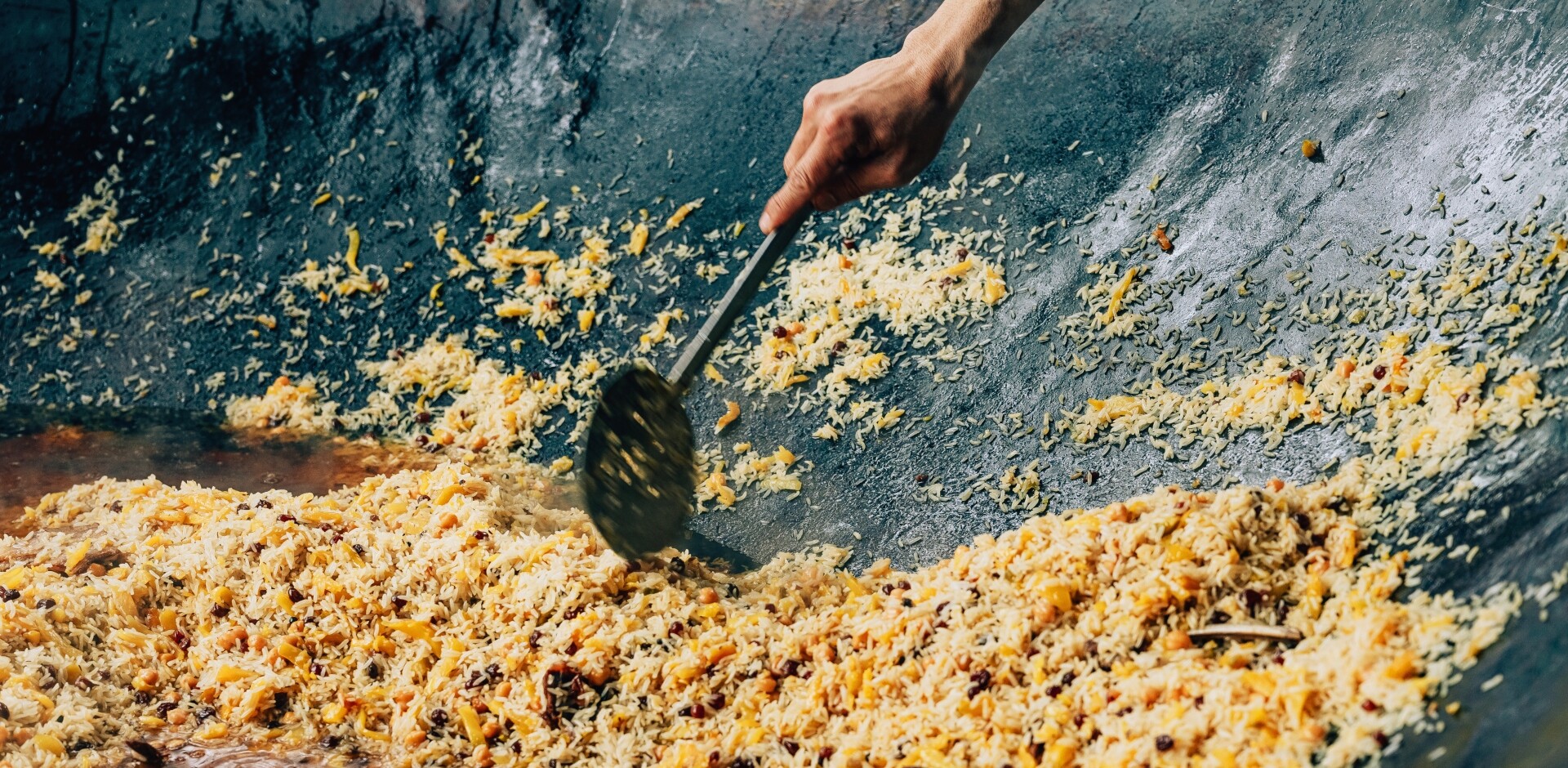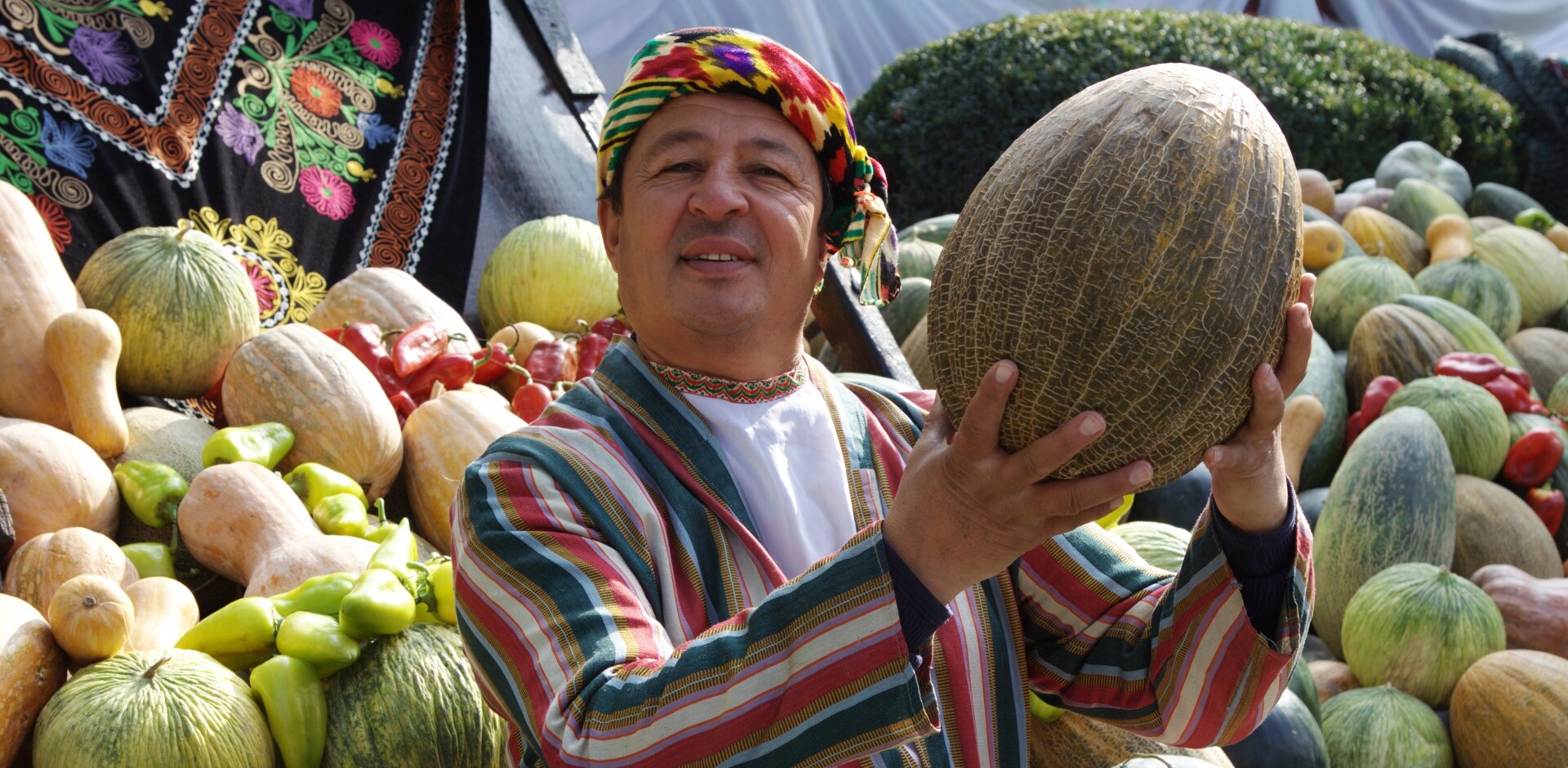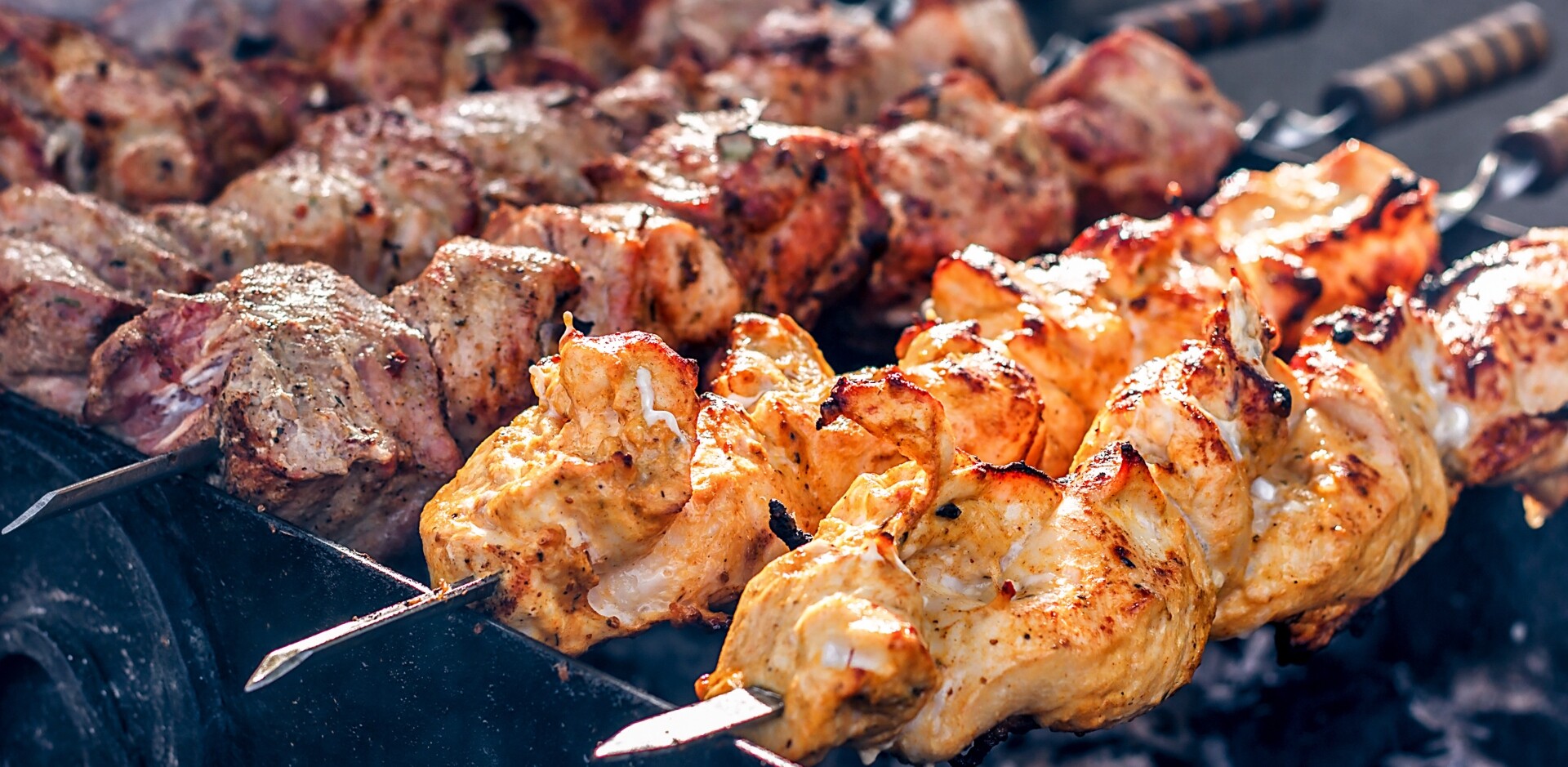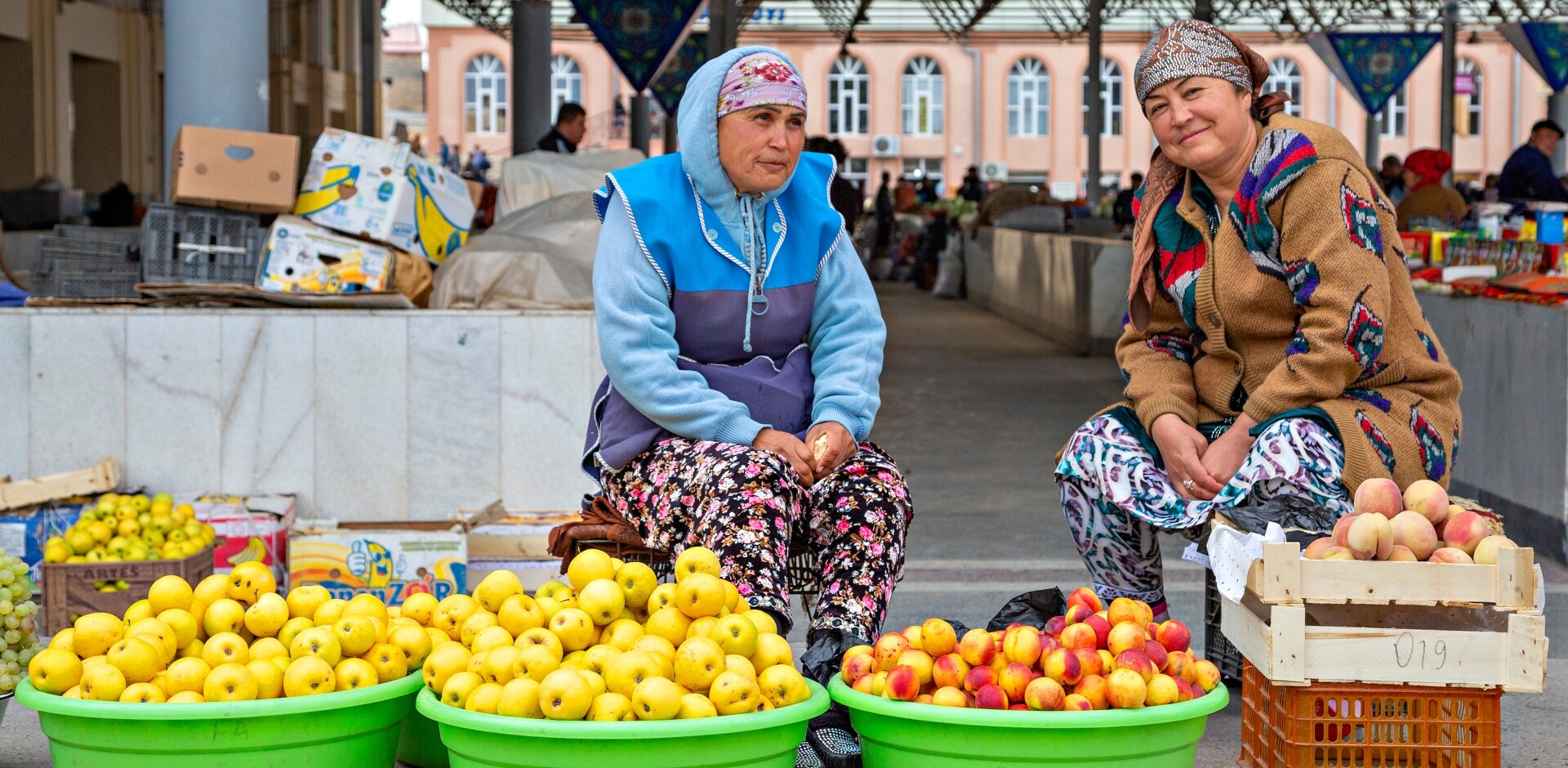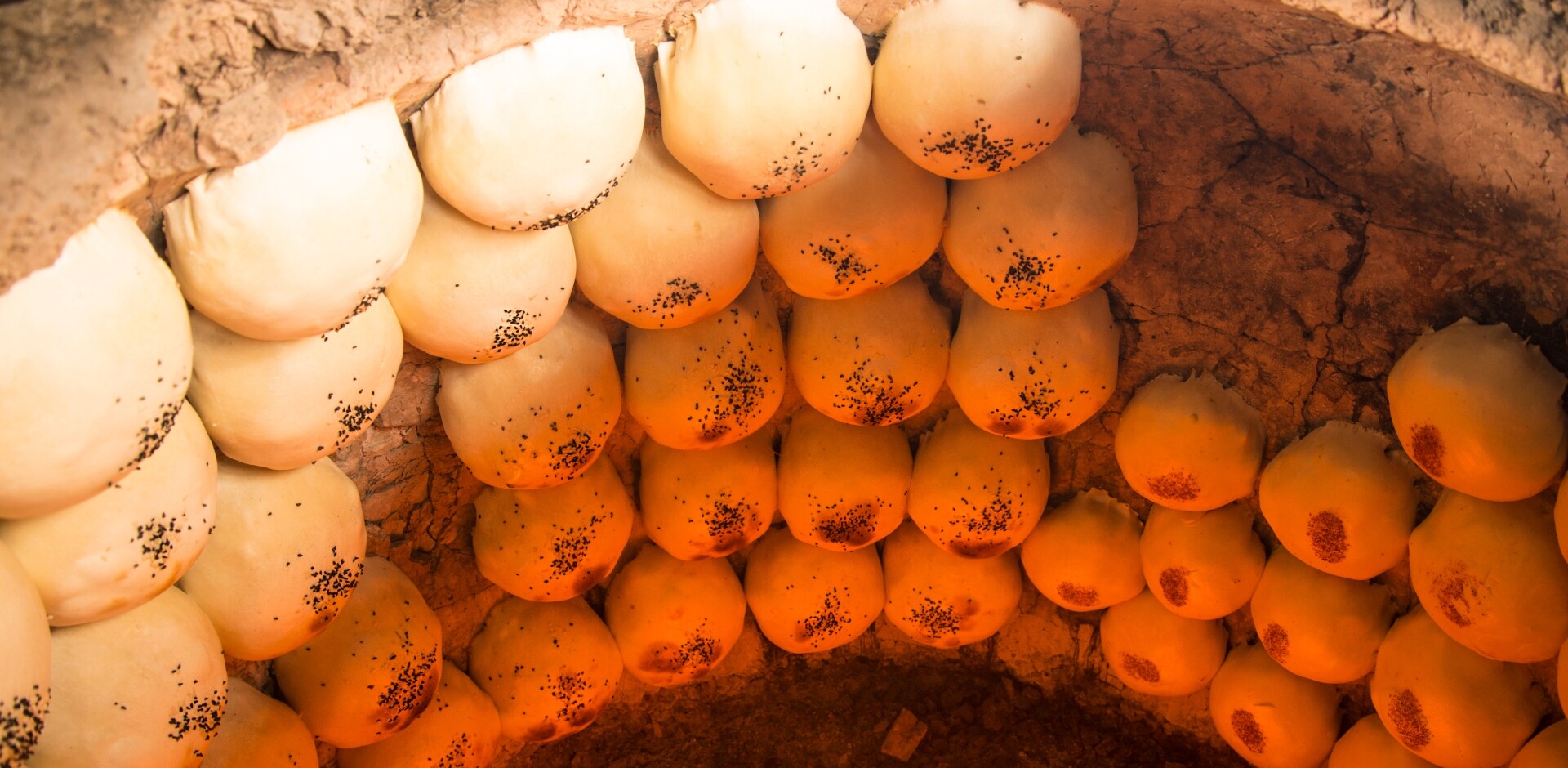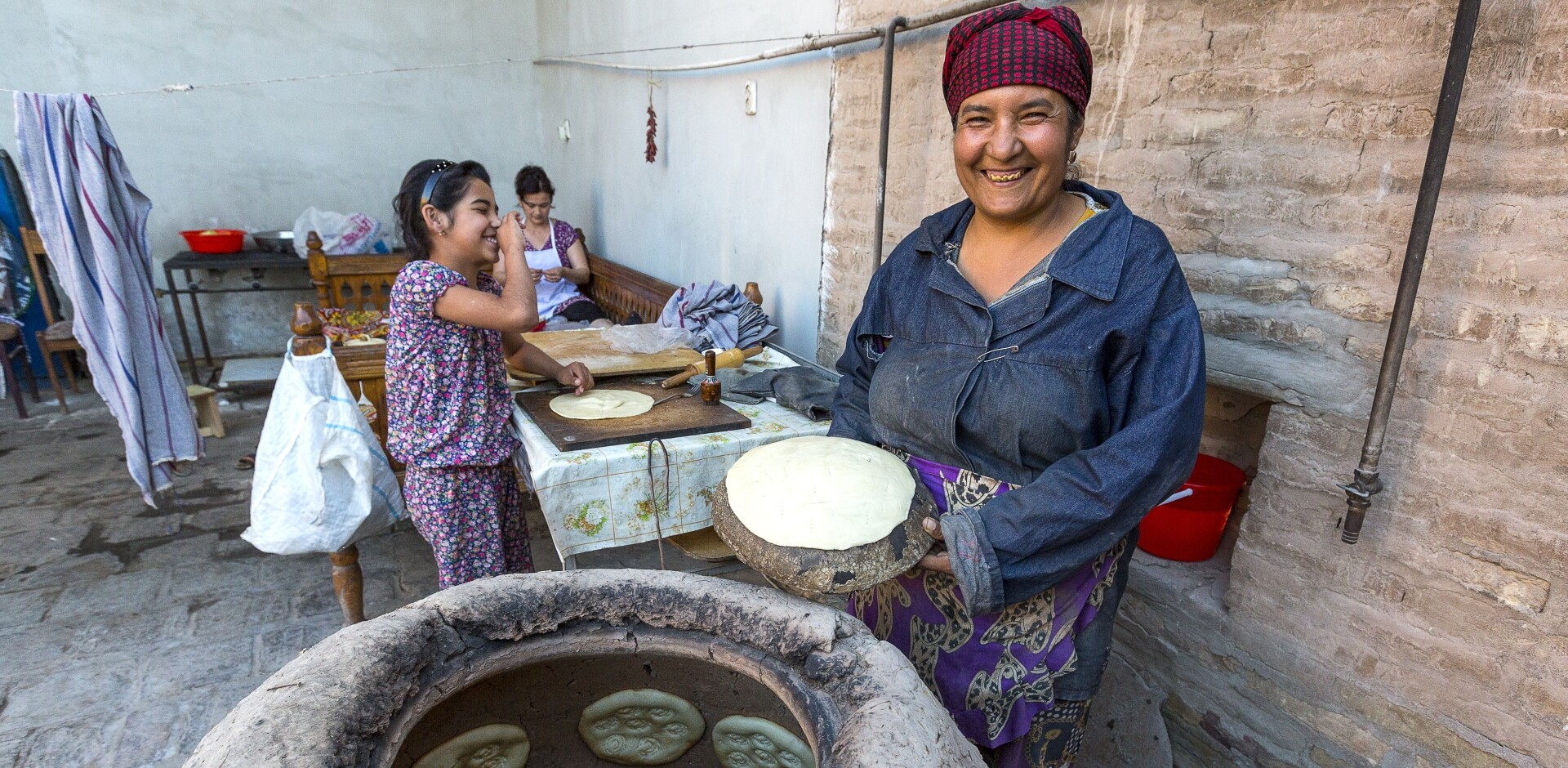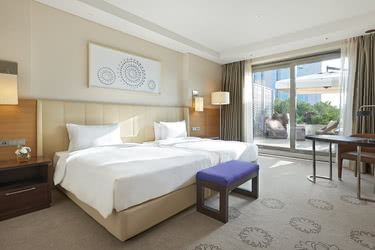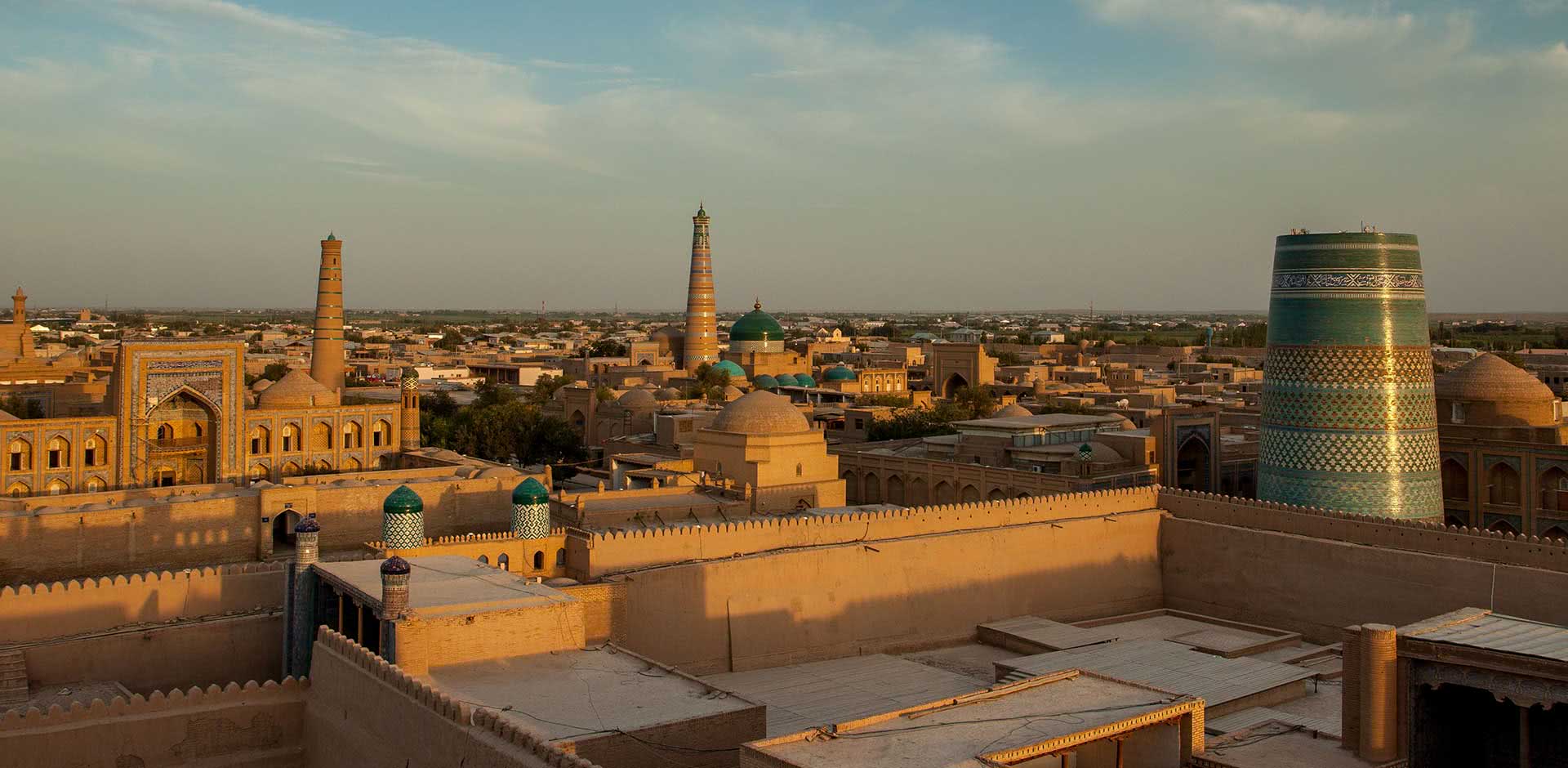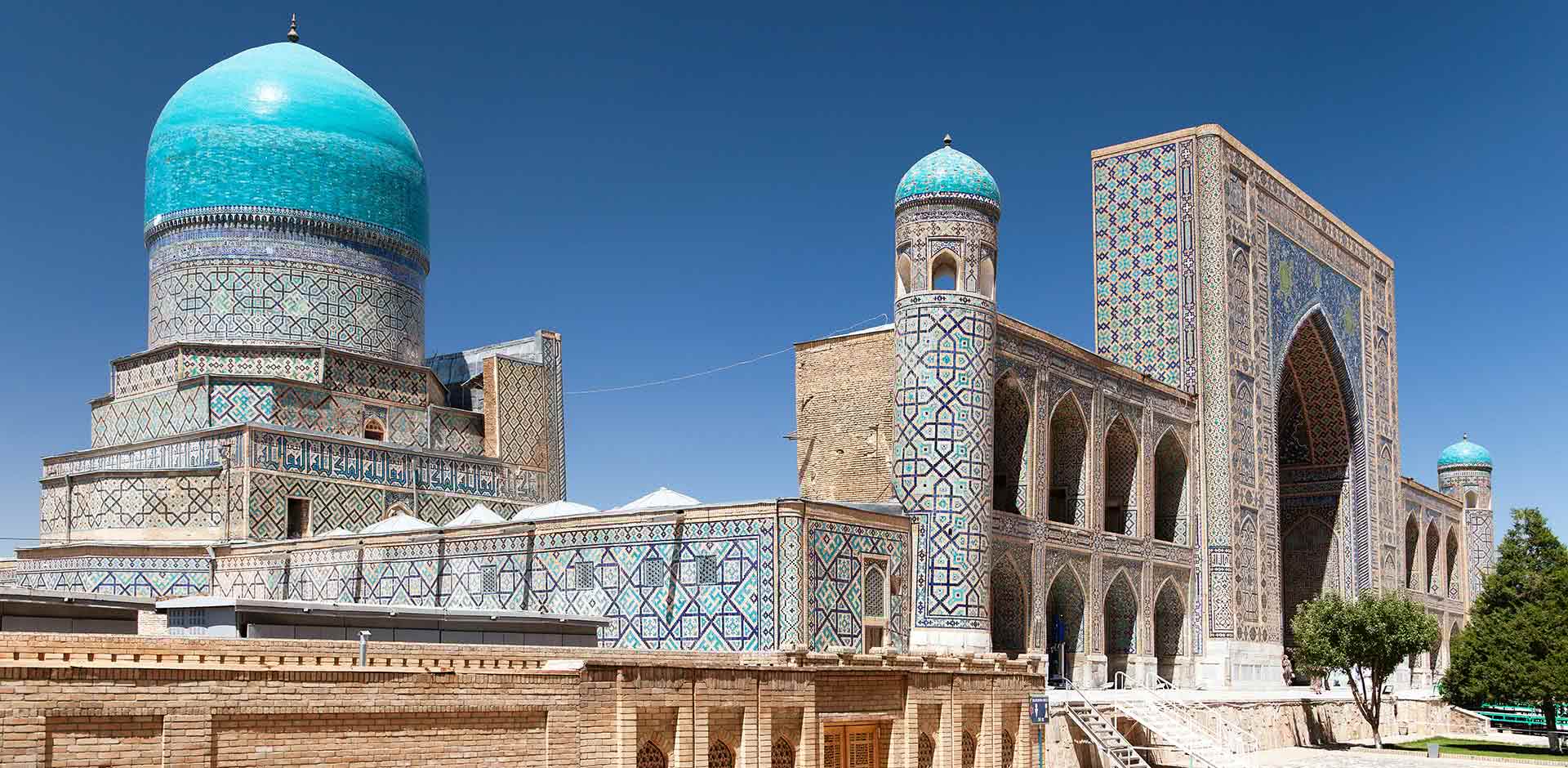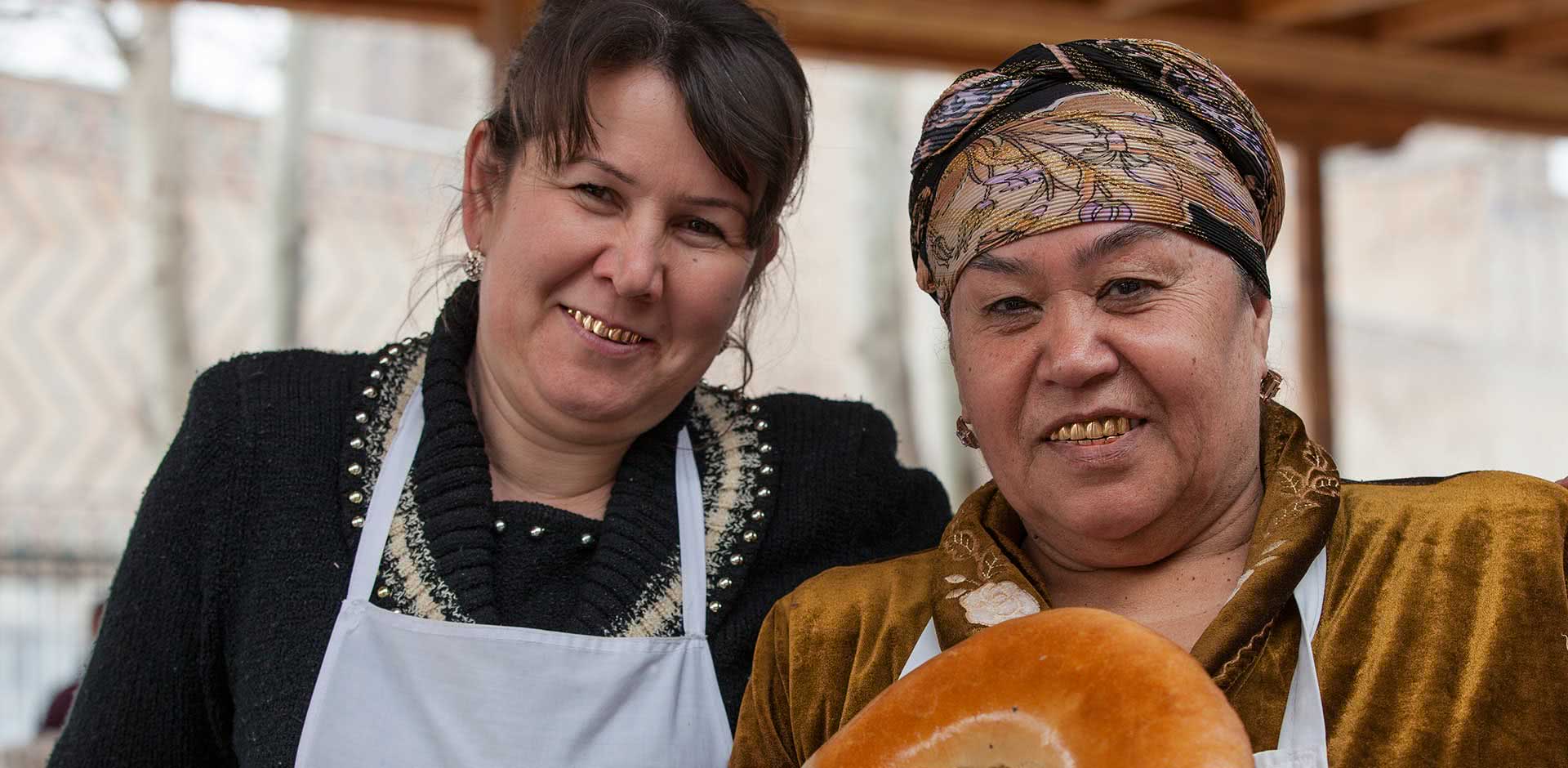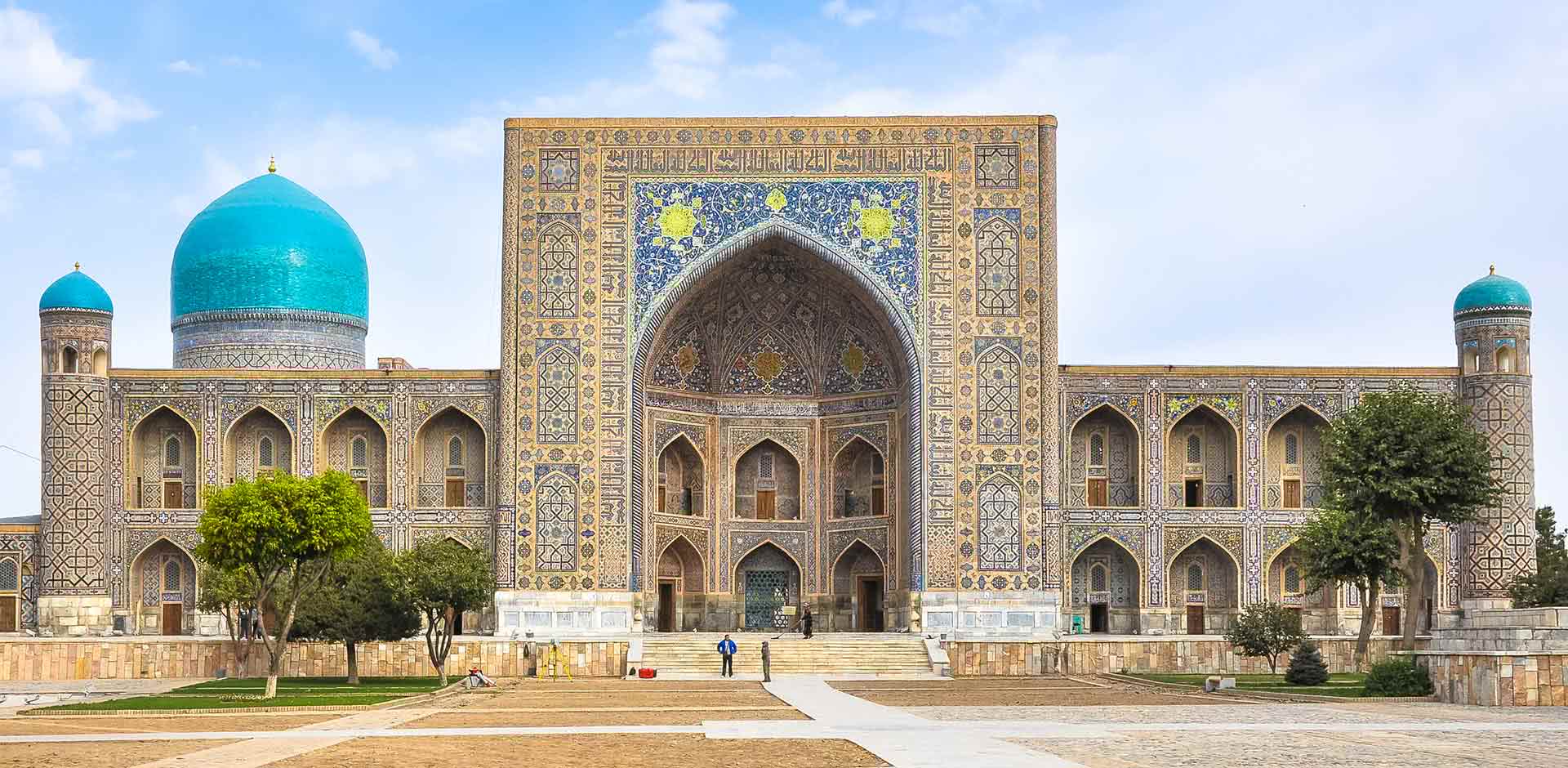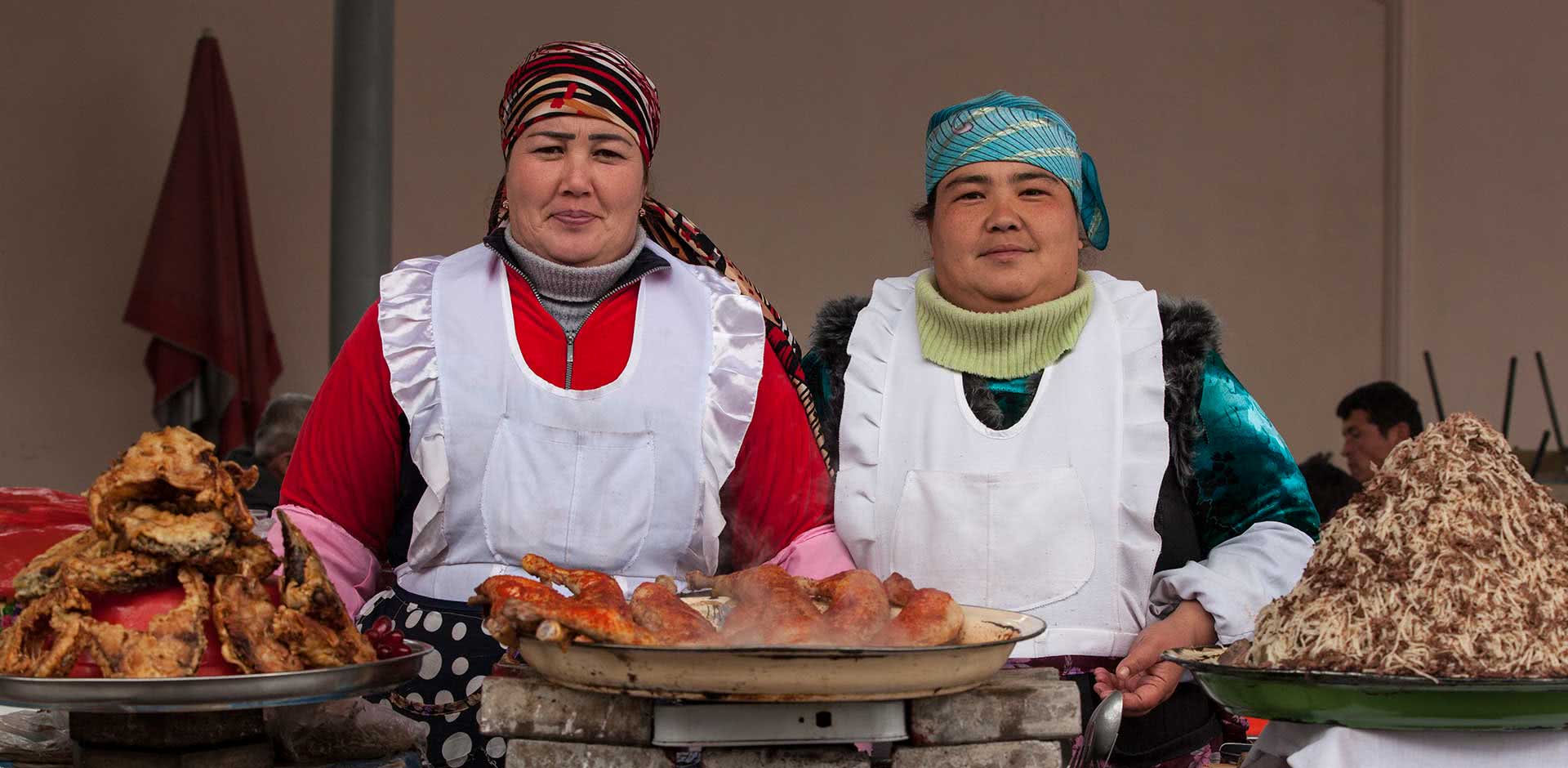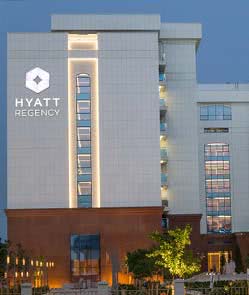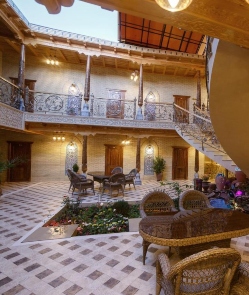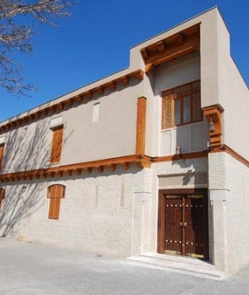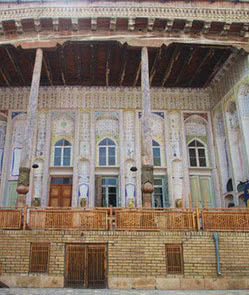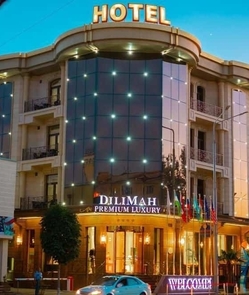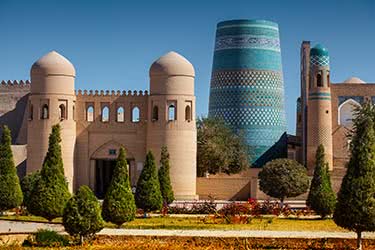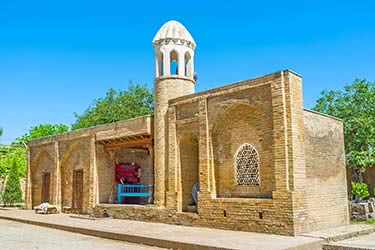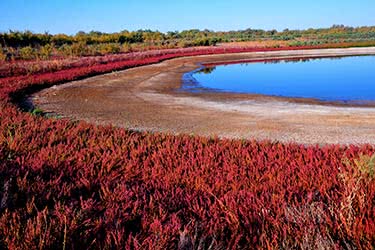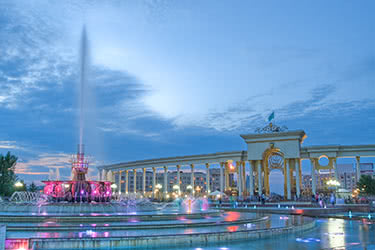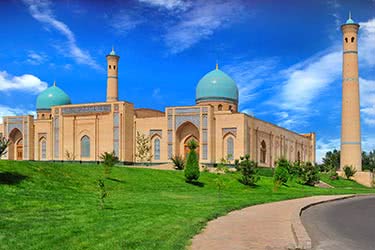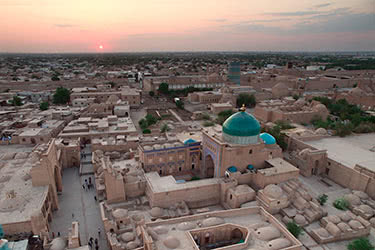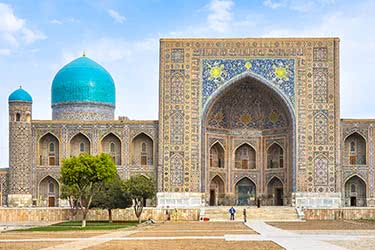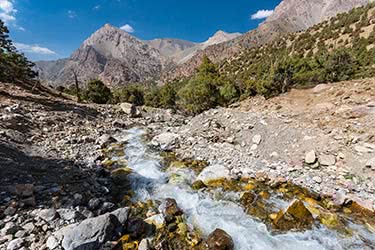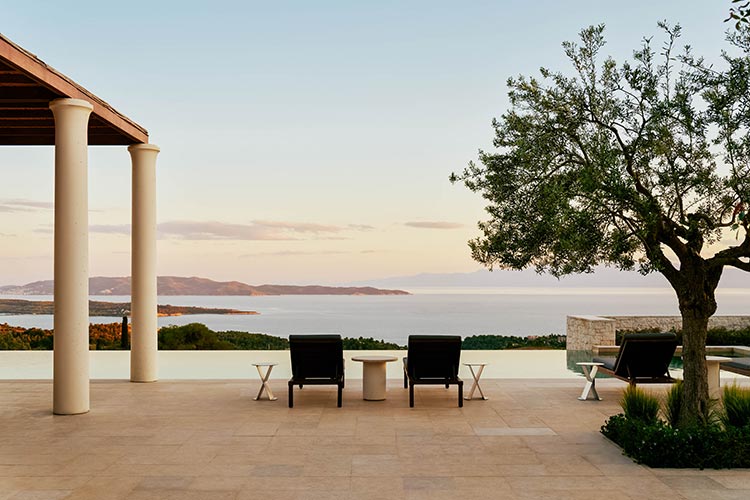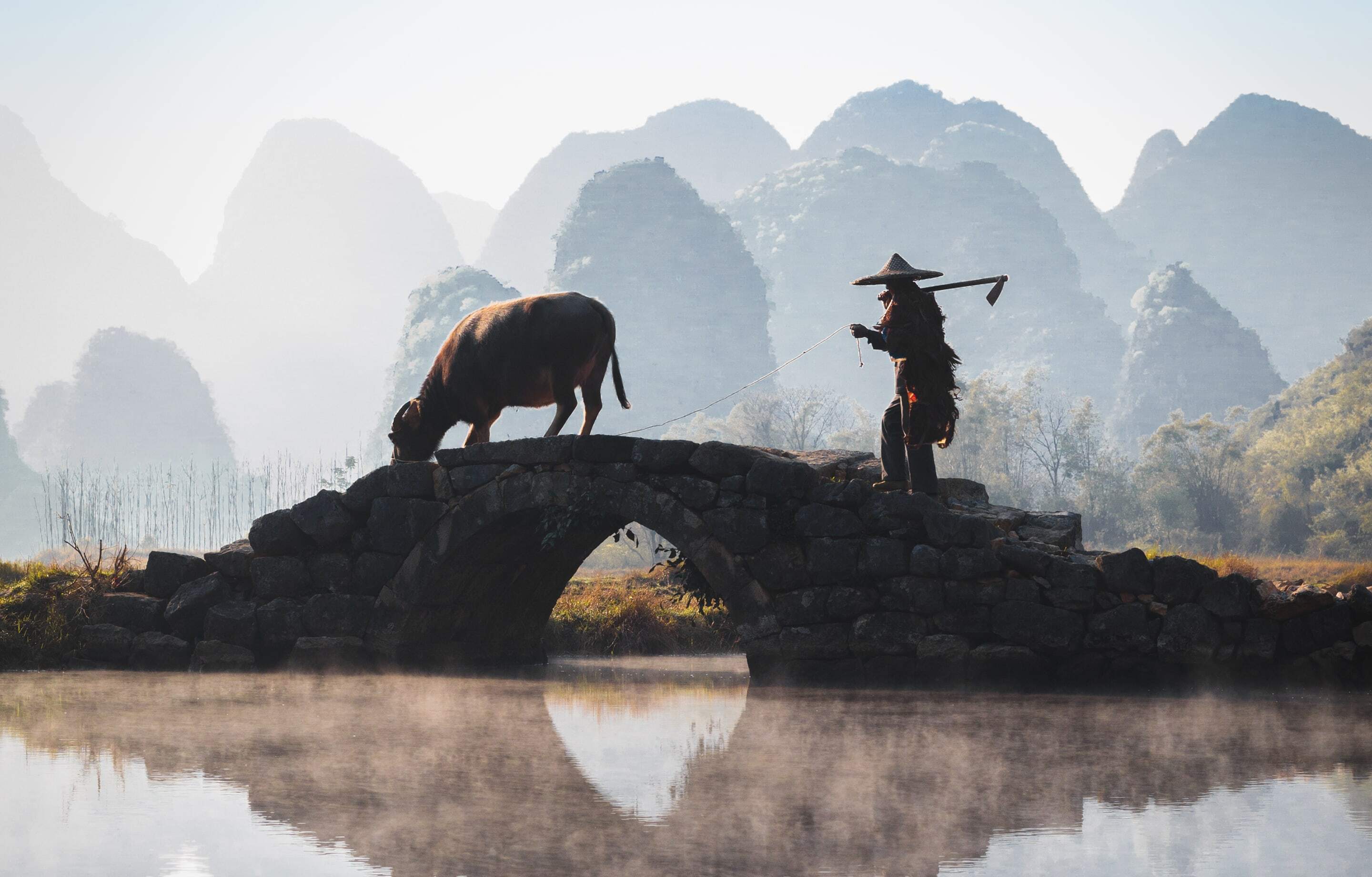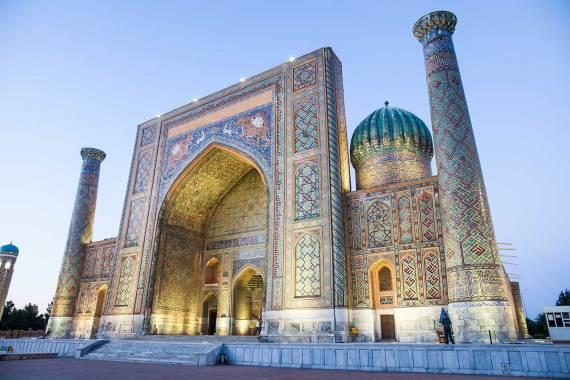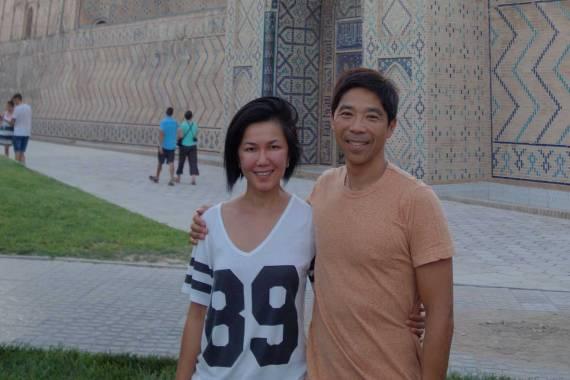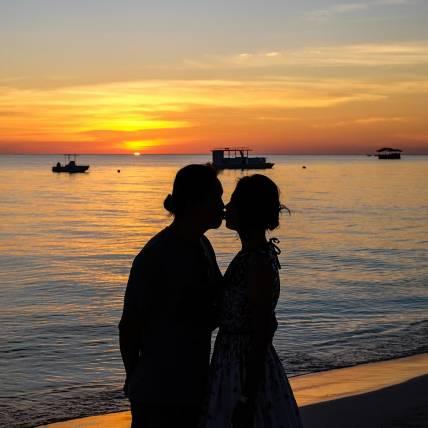Uzbekistan has long drawn visitors with its awe-inspiring Islamic architecture, ancient walled cities, and brilliant history. For those in-the-know, Uzbek cuisine is a delicious mix of East and West, offering spit-roasted meats and tandoor-baked breads from Central and Eastern European countries like Turkey, Iran, and Morocco as well as steamed dumplings and hand-pulled noodles from China. The confluence of cultures throughout Uzbekistan’s history can be traced and savored in its dishes. Taste your way through Uzbekistan on this 11-day journey that takes you to its most storied cities. In the capital city of Tashkent, taste the beloved national dish plov at the Plov Center, where gigantic iron cauldrons cook up over 1,500 kilos of this rice dish a day. In the small ancient city of Khiva, learn how to make its local specialties of egg dumplings and green pasta as well as try its version of raw beef tartare. Pair Bukhara’s enchanting mosques and madrassas with bread making, local tea culture, kosher cuisine from one of the oldest Jewish communities in the world, and a trip to the hammam. Then in Samarkand, watch an exciting buzkashi match, imbibe on local wines in the cellar of the oldest winery in town, see how national sweets are made, and cook meat pies and festive quail plov with local families. By the time you’ve returned to Tashkent, you’ll be more than satiated by the best of Uzbekistan’s culture, history, architecture, and of course, cuisine.
This itinerary is an example. It’s designed to inspire you and provide you with thoughtfully curated
ideas. You can choose to do this exact itinerary or completely personalize it. All trips are
100% bespoke.
